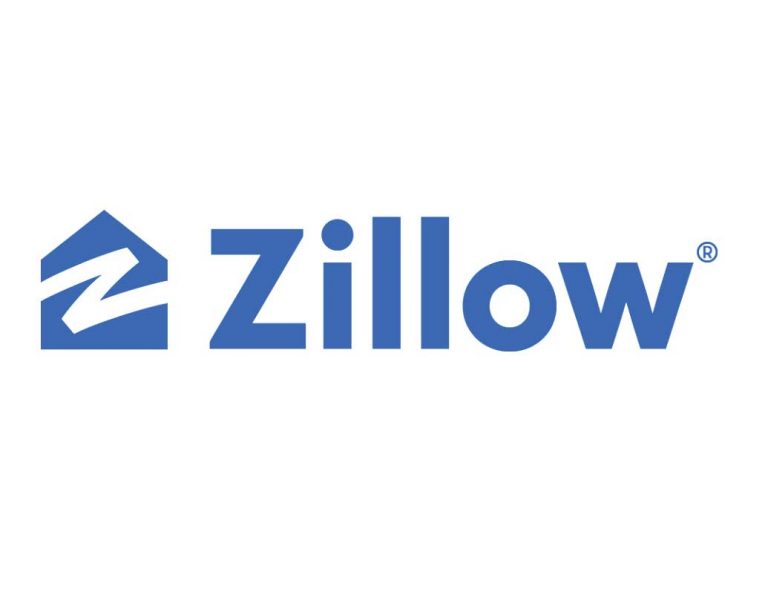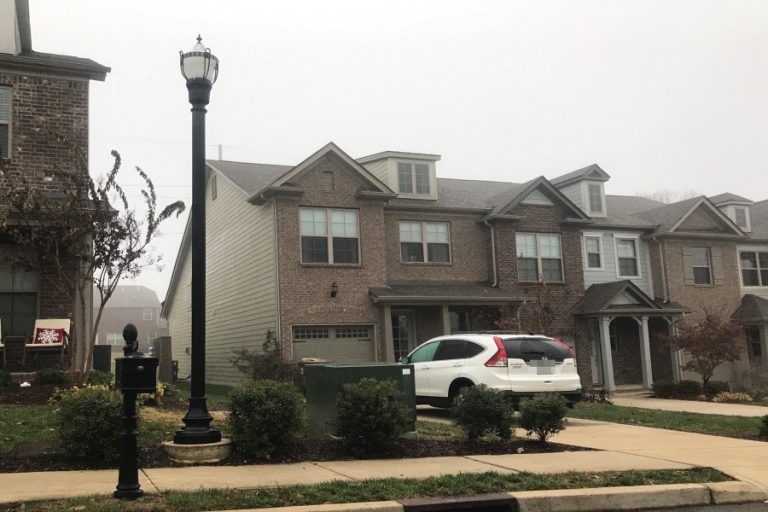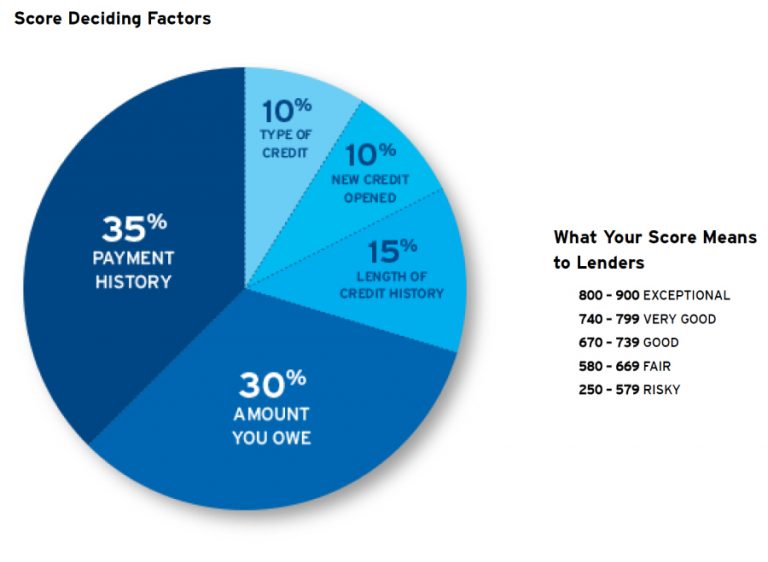Buying a Home In New York City
New York City obviously has a lot going on. Its economy is the largest regional economy in the United States. New York is often considered the most financially powerful city in the world and the leading center of the world’s financial industry.
Unless you’re just kind of a small town kind of person, there are lots of reasons for living in and moving to New York City.
But determining where to live in NYC and how to go about purchasing a place for you and your family there depends on a lot of things, including where you work, how much you can afford, what kind of neighborhood or community you want to live in, and other factors. If you have kids at home, you’ll likely be interested in living close to good schools, parks, and other places that will become part of your daily or weekly routine.
In this article, I’ll walk you through some of the things you should consider and give you some resources that will help you successfully purchase a home in New York City, including its five boroughs: Manhattan, Brooklyn, The Bronx, Queens, an Staten Island.
Professional Help: A Real Estate Agent and Loan Officer
Finding the right home and completing a purchase typically involve help from two professionals: a real estate agent and a mortgage originator or loan officer. Finding a good, trustworthy real estate agent and loan officer will help you navigate the process of buying the right home for you.
The real estate agent you choose should be very knowledgeable about the areas you’re considering for purchasing your home. The agent will most likely have you sign a contract called the Exclusive Right to Represent or Buyer-Broker Agreement, which is a State of New York-approved contract that defines the relationship between you and the agent over the period of time you anticipate going through the home purchase process. This Exclusive Right to Represent agreement is used to essentially hire the real estate agent to help you look for homes, present offers, and negotiate pricing and other details of the home transaction. The agent is then paid for his or her services as defined in the agreement, usually as a 3% commission paid from the purchase price of the home.
You should plan to spend substantial time with your buyer agent, communicating lots of information about what you’re looking for, touring homes that meet your criteria, and walking through the purchase process.
Whoever you choose to use for financing doesn’t have to be local to New York City. The mortgage company needs to be licensed to provide mortgages in the State of New York. You’ll likely interact with your loan officer through email or fax (providing documentation in preparation to receive your loan) and over the phone working out details.
Unless you’re representing yourself and paying for your home with cash (in which case you can skip the first two steps below), buying a home in New York City normally involves the following steps:
- Choosing a real estate agent to represent you through the home purchasing search and completion process: Word of mouth referrals from people you trust is one of the best methods of finding a good agent. If you don’t have friends in New York or others who can provide a referral, I’d recommend checking out Yelp listings and reviews for agents in the area you’re interested in.
- Securing funding approval through a lender: Often the real estate agent you choose has trusted loan officer or mortgage company they can connect you with. You can also shop rates online and get done what you need to apply for and successfully receive a loan to pay for your home.
- Determine your home search criteria: You’ll first need to outline some general information about where you want to live, including identifying areas in or around New York City that you’re open to living in. Understanding how transportation and commutes in New York City operate would be an important piece of information to help you know what radius around your workplace or other location that is how much you can afford to spend on your home,
- Searching through listings and shopping: You’ll likely look at dozens of homes online and several in person before you make a decision about which condo or apartment, single family home, or other property situation makes the most sense for you. This part of the home buying process shouldn’t be hurried. Patiently spending your time comparing and differentiating the homes that fall on your radar will give you the best chance to make a good decision. After all,
- Making an offer on a home: Once you find the home you want, you will make an offer, typically through your buyer agent. Depending upon the market, you’ll either need to make sure your offer is a great one that convinces the seller that you’ll be able to complete the deal (in the case of a seller’s market) or you’ll be best served (in a buyer’s market) submitting a low offer and negotiating. Making an offer on a home is typically done using the New York State standard Contract for Purchase and Sale of Real Estate available for download from NYStateMLS.com.
- Doing due diligence once the offer has been accepted: Once your offer has been accepted, you’ll move through the process of doing due diligence, including making sure that the home is as it was represented in the purchase contract.
- Closing on the home: After you’ve done all of your due diligence, while your loan is also being prepared, you’ll get to the point where you’re ready for closing, at which point you’ll meet with a title company and sign the paperwork required to transfer ownership of the home to you.
Some Things to Consider About Purchasing Property in New York City
Purchasing a home anywhere is a big deal for most people, as it represents likely the biggest investment many people make in their lives.
Is it the right time to purchase? You’ll find some general information about market timing in our article describing when is the best time to buy a home. Besides timing and market factors, if your commitment to living in New York City is not very strong because of a volatile job situation or some other reason that could cause you to move away, you’d likely be better off renting until your long-term living situation is more predictable.
What is the market doing in New York City or in the specific area of New York City where you want to live? Those trends vary between Manhattan, Staten Island, The Bronx, Brooklyn, and Queens depending upon local circumstances.
A suburb of New York City might be an acceptable alternative, possibly cheaper and more desirable. For instance, Montclair, New Jersey is a popular alternative to living in Manhattan or one of the other NYC boroughs. It’s just a 45-minute commute by car from Montclair to Manhattan, and there are commute options that include train and bus.
Here are some resources you might want to consider when shopping for a home in New York City. Finding a place to purchase typically involves some combination of proximity to work, commute time, proximity to good schools and school zoning, cost of the home, crime rates in the area, and other factors. These resources should help you be more informed about those factors.
- Zillow Listings for New York City provide lots of valuable information about properties for sale and for rent, including value histories and estimates.
- Real Estate Market Reports Published by the New York State Association of Realtors
- Crime Data for New York City filterable by boroughs
- New York State MLS property listing search
- School ratings for New York City schools







